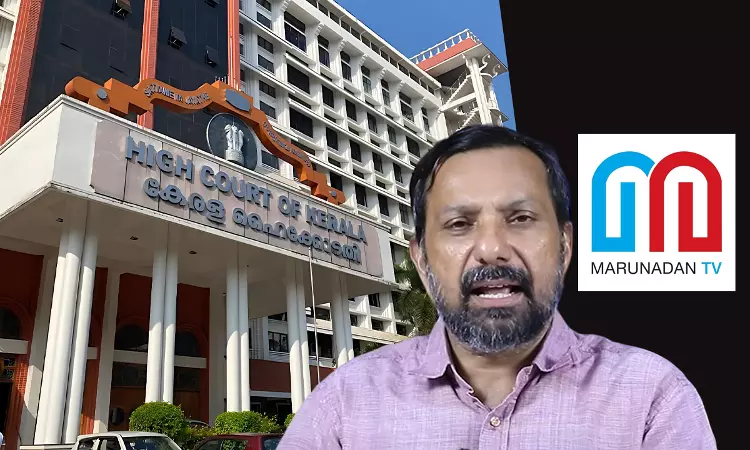While refusing anticipatory bail to a Malayalam YouTube news channel 'Marunadan Malayalee' editor Shajan Skariah for allegedly broadcasting derogatory news item against MLA Sreenijin, the Kerala High Court on Friday expressed concerns over the changing character of journalism."The four W's of journalism that used to guide journalists in their reporting and helped in ensuring accuracy...

